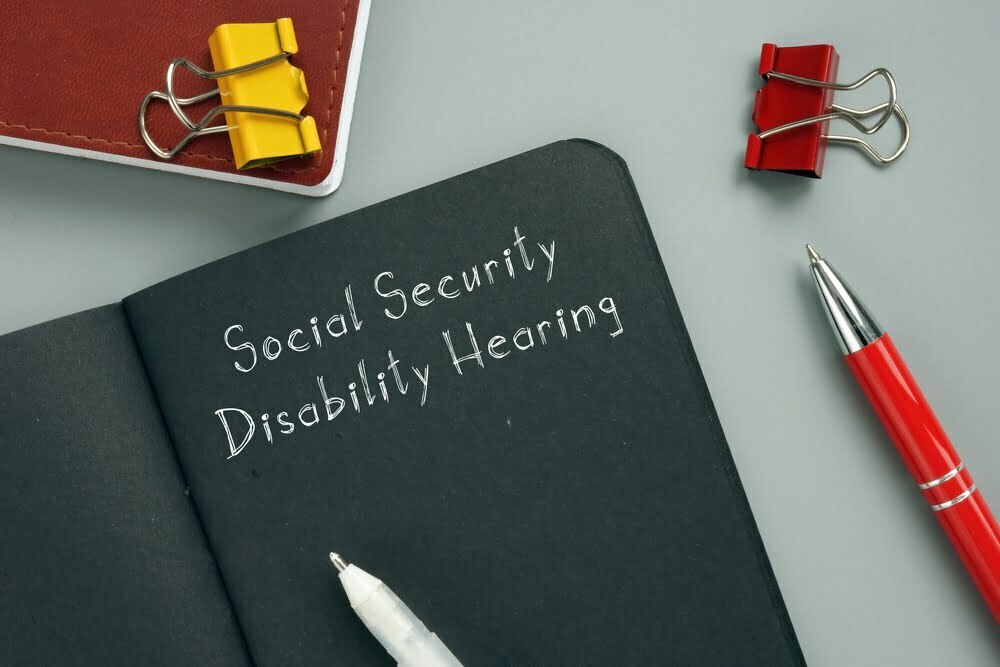There is a new form that is now required to be submitted with all adjustment of status applications filed in the United States. This form is known by Form I-944 and the title of it is “Declaration of Self Sufficiency.” This form must be submitted with every application where public charge applies. The draconian form asks every single question possible and requests more evidence than is necessary to determine whether or not someone is going to be a public charge. I am not going to discuss the politics behind the form but rather now that we are obligated to complete it, I am going to discuss one of the particular questions on the form relating to skills.
Why do skills matter?
The new public charge rule contained at INA Section 212(a)(4) (8 U.S.C. § 1182(a)(4)), is a totality of circumstances test. An adjudicator is required to look at five factors when determining whether or not a person is likely to be a public charge. These factors are:
- Age;
- Health;
- Family status;
- Assets, resources, and financial status; and;
- Education and skills.
For many people the question of what skills you have, may not matter, as they have many other positive factors, but for others, it may make a huge difference. No matter how strong of case you have, I would not discount the skills question and would work to give a well thought-out answer. I would never leave it blank and never write “none” or “n/a.” Everyone has skills regardless of their age, education, and employment history. The actual question is contained on p. 12, Question 4, and asks, “Do you have any occupational skills? It then leaves a space for the applicant to fill in the answer and also asks for certification and license information.
What is a skill?
The 15 page instruction book to the form gives no guidance on how to define a skill. If you manage to get through all 15 pages, you would think from reading it that you need to have some kind of license or certification to have a skill and that if you lack that, you do not have a skill. This is not true. When thinking about this question, I decided to think about how a skill is defined in my other area of practice, Social Security Disability Law. The Social Security Administration (“SSA”) defines a skill as:
“…knowledge of a work activity which requires the exercise of significant judgment that goes beyond the carrying out of simple job duties and is acquired through performance of an occupation which is above the unskilled level (requires more than 30 days to learn). It is practical and familiar knowledge of the principles and processes of an art, science or trade, combined with the ability to apply them in practice in a proper and approved manner. This includes activities like making precise measurements, reading blueprints, and setting up and operating complex machinery.”
SSR 82-41
Well, this is rather broad. It seems that almost anything can be a skill. I would not hesitate to write whatever you wish to in the box on Form I-944 based on that definition. SSA does use other reference materials including a very outdated Dictionary of Occupational Titles (“DOT”) to determine the particular skills for jobs. Instead of using the DOT, I would use O*Net for purposes of completing Form I-944. The O*Net is an online data base which contains details about occupations in the United States. The site is sponsored by the Department of Labor. At the very least, you may use O*Net to come up with some ideas for skills to insert into the application. For instance, I looked up the job of “childcare worker.” O*Net showed me 14 skills for this position: (1) Monitoring, (2) Service orientation; (3) Social perceptiveness; (4) Active listening; (5) Coordination; (6) Critical thinking; (7) Speaking; (8) Active learning; (9) Complex problem solving, (10) Instructing, (11) Judgment and decision making, (12) Learning strategies, (13) Reading comprehension, (14) Writing.
You can’t go wrong by quoting skills from a Department of Labor publication when completing the I-944. Looking at all the skills a person has a childcare worker, it would be difficult for an USCIS adjudicator to say that the person was going to become a public charge. The O*Net serves a useful purpose for the Form I-944 and I would encourage you to use it.





